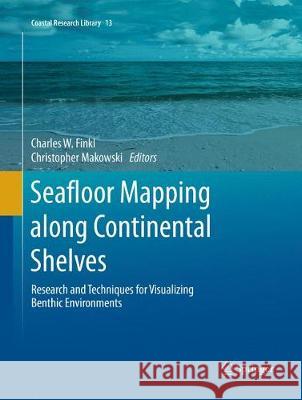Seafloor Mapping Along Continental Shelves: Research and Techniques for Visualizing Benthic Environments » książka
topmenu
Seafloor Mapping Along Continental Shelves: Research and Techniques for Visualizing Benthic Environments
ISBN-13: 9783319797373 / Angielski / Miękka / 2018 / 293 str.
Seafloor Mapping Along Continental Shelves: Research and Techniques for Visualizing Benthic Environments
ISBN-13: 9783319797373 / Angielski / Miękka / 2018 / 293 str.
cena 522,07
(netto: 497,21 VAT: 5%)
Najniższa cena z 30 dni: 501,19
(netto: 497,21 VAT: 5%)
Najniższa cena z 30 dni: 501,19
Termin realizacji zamówienia:
ok. 16-18 dni roboczych.
ok. 16-18 dni roboczych.
Darmowa dostawa!
Kategorie BISAC:
Wydawca:
Springer
Seria wydawnicza:
Język:
Angielski
ISBN-13:
9783319797373
Rok wydania:
2018
Wydanie:
Softcover Repri
Ilość stron:
293
Oprawa:
Miękka
Wolumenów:
01











